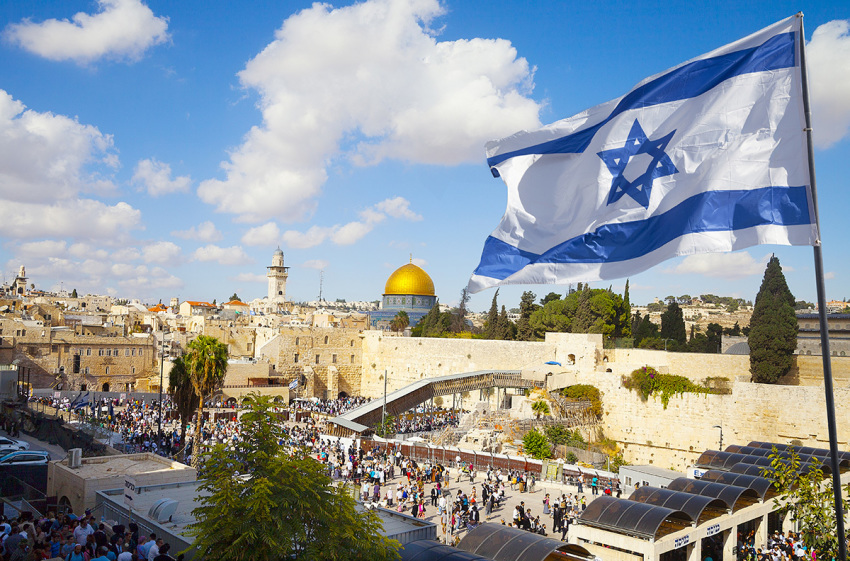Archaeologist's research appears to support Bible's claims about King David's kingdom

While some scholars have argued that the Bible’s description of King David ruling over a great kingdom is exaggerated, new research suggests that the land overseen by the Old Testament king was more well-developed than some experts believe.
Prof. Yosef Garfinkel of the Institute of Archaeology at Hebrew University theorized in a paper published in the peer-reviewed Jerusalem Journal of Archaeology that King David ruled over an urban network of fortified cities, which supports the Bible’s description of his kingdom.
Garfinkel outlined five different sites in his study — Khirbet Qeiyafa, Beth Shemesh, Lachish and Tell en-Naṣbeh and a country hill — finding that these locations had a fairly similar layout.
Three of the sites had what’s known as a casemate wall, a double wall that typically protects a city or fortress. Some sites also contained Canaanite inscriptions, which the study suggested showed an “increasing demand for communication and a marker of centralized authority.”
As The Times of Israel reported Monday, those who believe King David ruled over a few thousand Bedouin shepherds near Jerusalem fall into the “minimalist school” of archeological thought. The other school of thought aligns with the Bible’s description of King David ruling a vast kingdom.
While Garfinkel’s paper appears to support the Bible’s account of King David’s kingdom, the professor said proving the Bible’s accuracy was not the purpose of the study. The scholar acknowledged that there are differing opinions on the usefulness of the Bible, but he argued, “that’s not science; that’s theology.”
“I hate to use the term ‘trying to prove the Bible’ because I’m not trying to prove anything,” Garfinkel told the outlet. “There are biblical traditions, and we can see if these have historical memories or not. … It doesn’t mean that everything, 100 percent, is historical memories. Sometimes there are mistakes. Sometimes there is wishful thinking. Sometimes there is ideology.”
Prof. Aren Maeir of Bar Ilan University believes that Garfinkel’s research is an “oversimplification,” referring to what he described as the paper’s “generalizations” as “problematic.” One of the issues is the controversy about whether Khirbet Qeiyafa was a Judahite or Canaanite city, according to Maeir.
While the Bar Illan University professor agrees that historically, King David existed, he does not see enough evidence to determine the size of his kingdom.
“It’s like when a fisherman tells you about the type of fish he caught, and with each story, his arms get wider and wider,” Maeir told TOI. “Is it a sardine, a mackerel, or a blue whale? If you read the biblical text and take it literally, then it’s a blue whale. I think that probably there was a small kingdom in Jerusalem, but we don’t know the influence that this kingdom had.”
“As archaeologists, we take the finds and we try to interpret them as best as we can,” he continued. “Sometimes, interpretations can go a little too far, and I think we all do this. … It’s important to put out the ideas there, even if they’re not accepted. But it’s also important to clarify when things are rock solid and when they’re interpretations.”
In 2005, the late archaeologist Eilat Mazar excavated in the City of David in what is known as the biblical king’s palace. Some of her colleagues disagreed with her interpretation of the structure.
Upon Mazar’s death in May 2021, journalist Etgar Lefkovits at The Jerusalem Post wrote that the archaeologist “pushed ahead undeterred by her critiques, and buoyed by her spirit. She and history were intertwined as one.”
After Mazar discovered the City of David, the archaeologist also found sections of King Solomon’s walls and clay seals belonging to King Hezekiah and possibly the prophet Isaiah.
Samantha Kamman is a reporter for The Christian Post. She can be reached at: samantha.kamman@christianpost.com. Follow her on Twitter: @Samantha_Kamman



























